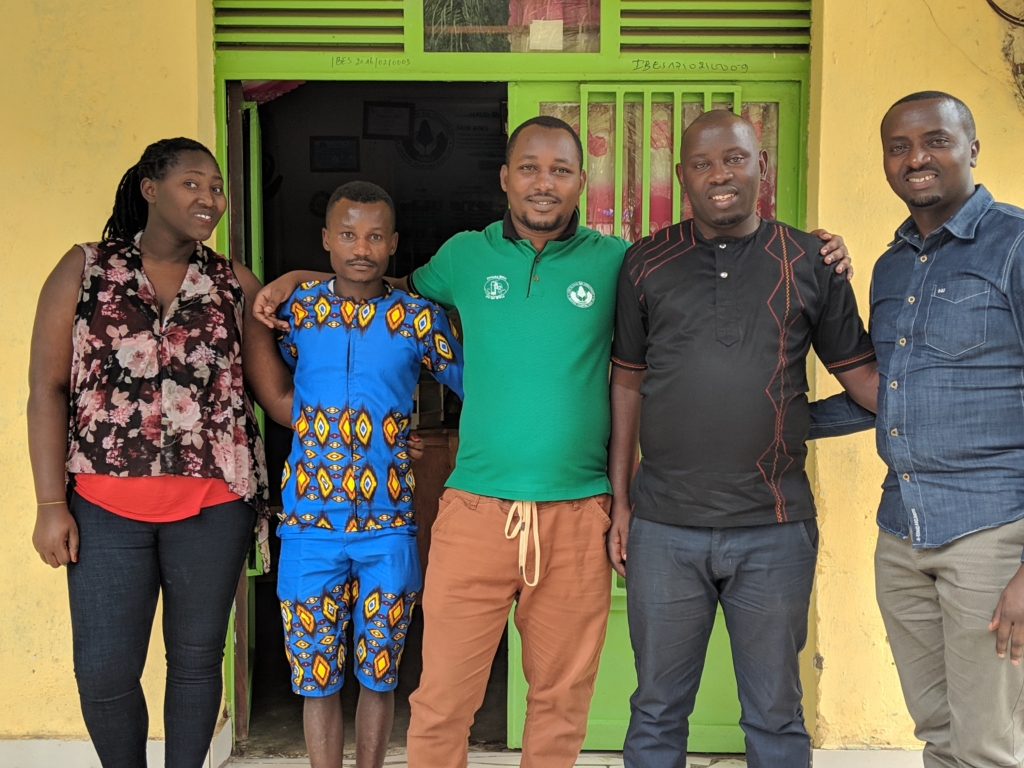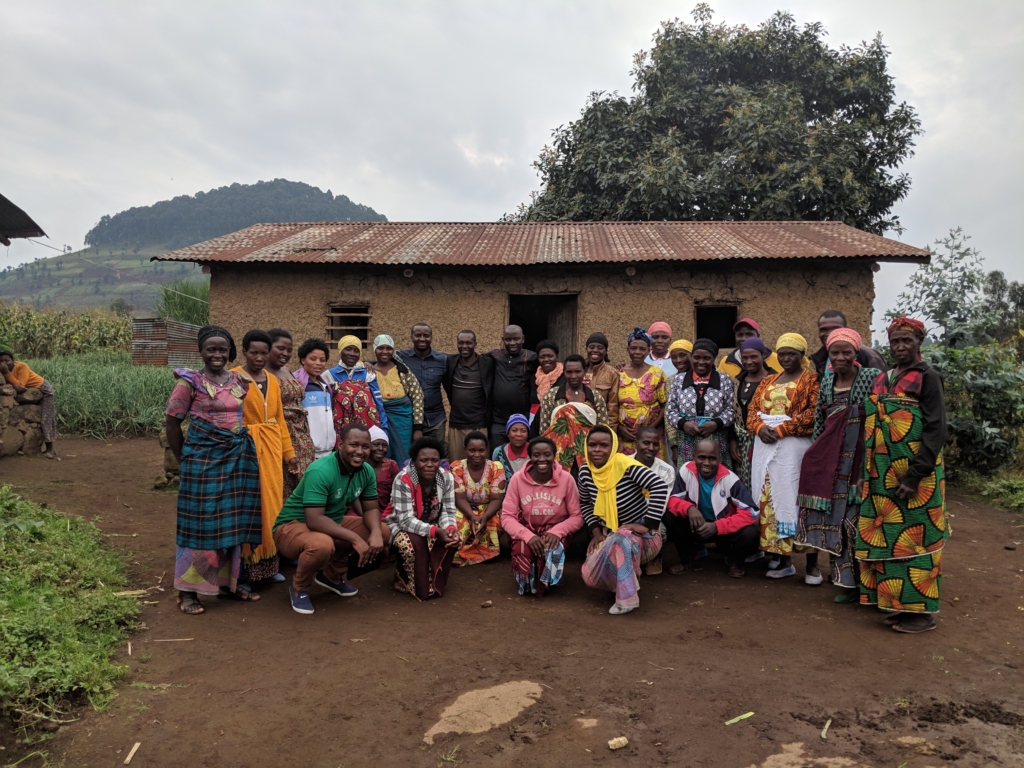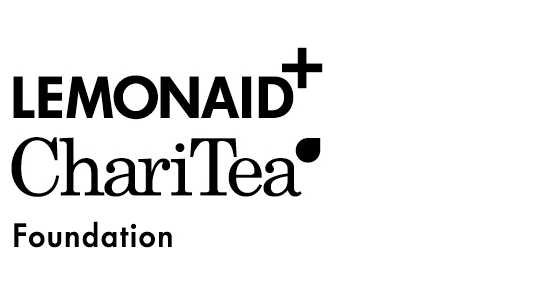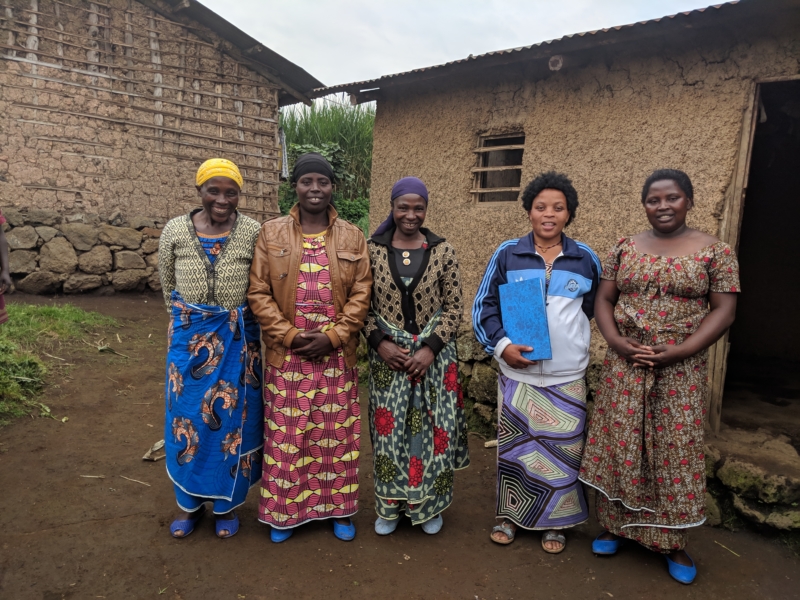The Rwandan NGO “Hand in Hand for Development” (HIHD) is working to economically reintegrate marginalised population groups such as widows, women who have been infected with HIV or AIDS, children, people with disabilities and young people into society through training and further education for seven years. The Lemonaid und ChariTea Foundation is supporting HIHD since June 2019 in setting up youth and women’s cooperatives to strengthen economic independence of marginalised groups.
Equal Rights in all Areas of life?
Rwanda is known for its exemplary function with regard to gender equality. With over 60 percent of female parliamentarians, Rwanda government represents the highest proportion of women parliamentarians in the world. In comparison: in Germany only 30.7 percent of parliamentarians are women. This has to do with the gender equality enshrined in the foundations of the 2003 constitution of Rwanda. Therefore the compliance of gender equality is to be monitored by two control bodies: the Gender Monitoring Office and the National Women’s Council. Nevertheless, Rwanda remains a patriarchal country, which is particularly reflected in the continuing dependence of many women on their husbands’ salaries. The paradox is that the genocide of the Tutsi in 1994 killed many men and the greater part of the population that remained was made up of women and orphans. It is therefore not possible for women and orphans to be dependent on the salary of men. As a result, their economic often leads to their complete exclusion from social life.
Patient Niyitegeka, the founder of Hand in Hand for Development, grew up near an orphanage where his father worked as a cook. Through this experience he did not only come into contact with the positive developments of Rwanda, but also saw the problems in the society at an early age – especially with regard to the integration of orphans. The support he received during histime at school, including from the American director of the orphanage, led to his decision to study and become a social scientist focused on social facilitation with the vision to ensure that others also have the opportunity for education and social integration. Initially, he and a few friends built up smaller, individually financed projects to feed street children. Over time, the group’s activities have become more strategic and professional, which led to the founding of HIHD in 2016.
Improving the quality of life through economic training
Since then, the six-member team has already implemented projects in the areas of agriculture, water supply and sanitation, economic emancipation and support for marginalised groups. Throughout the time, the vision and mission of the group has never changed: To create a society with better living conditions for all, that is to say, to improve the quality of life of vulnerable children, widows, young people, people with disabilities and their families, and to educate them about their rights.

Their success can be measured by examples such as their project which empowers women in crafts and tailoring: 42 women working in crafts and tailoring were trained in financial education, small business management and cooperative management. Each group received RWF 1,050,000 (about 1,005.22 euro) at the end of their trainings to improve capital and livelihoods and expand their business. In addition to that, HIHD granted loans to people living with albinism and organised courses on skills development, vocational training to improve income and job opportunities, and training on the protection of their rights to ensure social and economic integration into society.
Creating economic and social security
The western province of Rwanda, and especially the Rubavu district, is the region that was most affected by the civil war and genocide – and remains highly affected today. The genocide left behind many widows and young mothers who now face a lack of prospects due to a scarcity of financial resources and knowledge of economic activities. Drug consumption among young people has also risen due to high unemployment and the consequences of the civil war. Unwanted pregnancies due to a lack of sexual education, and the resulting of expulsion from their families, are a continuing problem for young women in the region. Meanwhile, the Rwandan government has failed to provide social security for the people in need due to limited resources. It is also lagging behind in the planned improvement of social programmes. Challenges remain in the area of poverty reduction and access to financial resources, especially for young mothers, adolescents and widows. It is therefore particularly important in this region, to show marginalised population groups other prospects for the future.

Mutual assistance through youth and women’s cooperatives
In the regions of Gisenyi, Rugerero and Mudende, the new HIHD project “Grassroots youth and women empowerment initiatives for self-reliance“ focuses on the development of youth and women’s cooperatives to strengthen their economic and, consequently, their social autonomy. The aim is to support income-generating activities in the areas of sewing, weaving, tailoring, crafts and agriculture, and to help build capacity and skills. A total of 85 participants, divided into four groups or cooperatives (20 widows, 20 young mothers, 20 female adolescents and 25 adolescents of all sexes) are to be reached. By granting micro-credits and organising training courses, the groups are not only to be enabled to expand their business and increase their income in the long term, but also to be lead to a more sustainable social integration into society. The entrepreneurship of young mothers, widows and adolescents will be promoted and participation in Rwanda’s economy strengthened. The training on topics such as financial competence, project management, management style in small enterprises and cooperation with microfinance institutions and local banks facilitates their access to loans and thus to self-financing, which in the long-term has a positive effect on their living conditions.
Hand in Hand: From economic to social integration
The project contributes to improving the socio-economic well-being, income generation, production and employment of 85 young mothers, widows, youth and other vulnerable women and thus shows how sustainable solutions can be found to deal with the region’s diverse Problems ((another partner project dealing with marginalized population in Rwanda is AIMPO).
The Lemonaid and ChariTea Foundtion assists the project by financially supporting the trainings, the credit programme, the assumption of administrative and logistical costs as well as the technical equipment of the project.
The long-term goal of Hand in Hand for Development is to empower the marginalized population of Rwanda to lead an independent life and to accelerate the economic and social integration of young mothers, widows, youth and orphans. Furthermore, HIHD wants to dissolve the still existing patriarchal structures of Rwanda and contribute to equal rights in Rwandan society.



